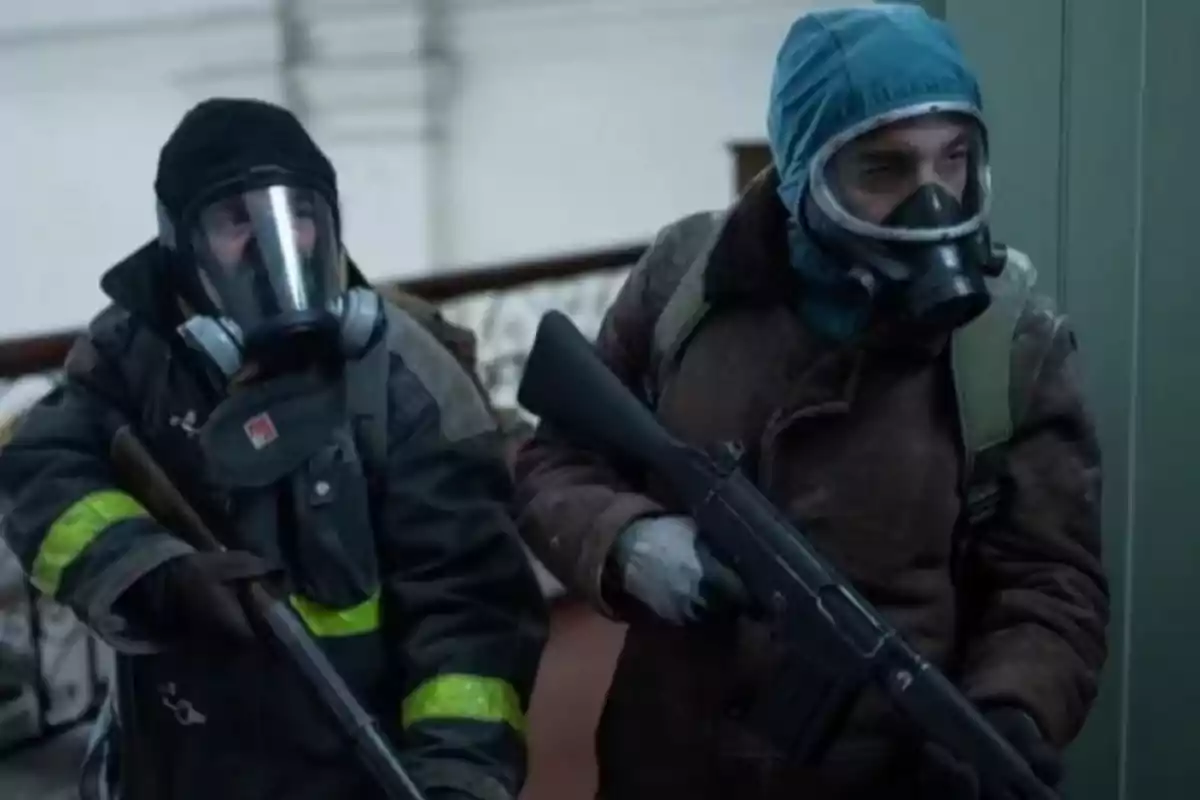
The Eternauta on Netflix: A visual spectacle that stumbles narratively
The series adopts a collective perspective that blurs its protagonist, in the name of a finished political message
The recent adaptation of El Eternauta by Netflix has sparked an intense debate among fans of the original comic and new viewers. This series, directed by Bruno Stagnaro and starring Ricardo Darín, moves the story to contemporary Buenos Aires, departing from the original 1950s context.
El Eternauta, with an estimated budget of 15 million dollars, positions itself as an unprecedented superproduction in Argentina and one of the most ambitious in Latin American streaming. Notably, this investment was made entirely with private funds and without state intervention, breaking away from the model of state subsidies for "culture."
The series was filmed in more than 35 real locations in Buenos Aires, using virtual production technology to recreate a city devastated by a toxic snowfall. This approach was widely celebrated for its authenticity and for turning the city into another character in the narrative.

Ricardo Darín and the "collective hero"
The choice of Ricardo Darín for the role of Juan Salvo has been widely celebrated. His performance brings depth and charisma to the character, solidifying his place as one of the most respected actors in the Spanish-speaking world. Darín represents here the common man facing the extraordinary, an essential figure of the original story.
One of the most discussed points by critics and the public is the insistence on imposing the idea of the “collective hero.” While the original comic highlighted Juan Salvo as an individual who leads from humanity and courage, the series reconfigures the protagonism by diluting the character into a group narrative.
This shift contrasts with the proven effectiveness of the “hero's journey,” described by Joseph Campbell, and the archetypes of Carl Jung. The viewer needs an emotional anchor: someone to identify with, someone whose individual evolution they can experience. Without that focus, the story loses symbolic and emotional strength.

Beyond these debates, the staging is striking. Buenos Aires is not just the setting but the undisputed protagonist of this first season. From the River stadium to the streets of Flores, seeing the city under a deadly snowfall is thrilling and engaging, making it the soul of the series.
Final reflection
Netflix's El Eternauta is a technically impeccable, visually powerful, and emotionally resonant production in its recreation of Buenos Aires. But it stumbles by adopting a collective perspective that blurs its protagonist, in the name of a political message that has already shown its limits.
The idea of the “collective hero” circulates, which is nothing more than an absurd ideological pamphlet to encourage oneself in the face of the tragic failure of policies that used the collective as an excuse. Perhaps, “the Hands” —those beings who capture those who don't know how to defend themselves alone— are actually an involuntary and powerful metaphor: no one is saved by waiting for someone else to do it.
Only when one is responsible for oneself can one be useful to the rest. And there, yes, a strong society can function. One like Juan Salvo's, not that of his diluted imitations.
Because in the end, true resistance is not collective by design, but collective by choice. It is built from strong, free, and conscious individuals, not from obedient masses. And that is a story yet to be told.
By Walter Gomez, Director of Paka Paka, for La Derecha Diario.
More posts: